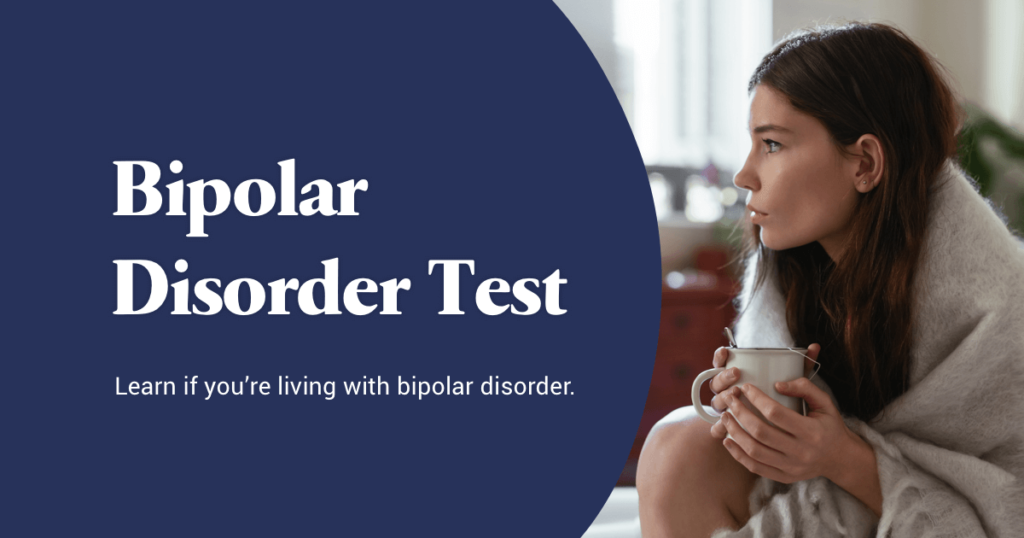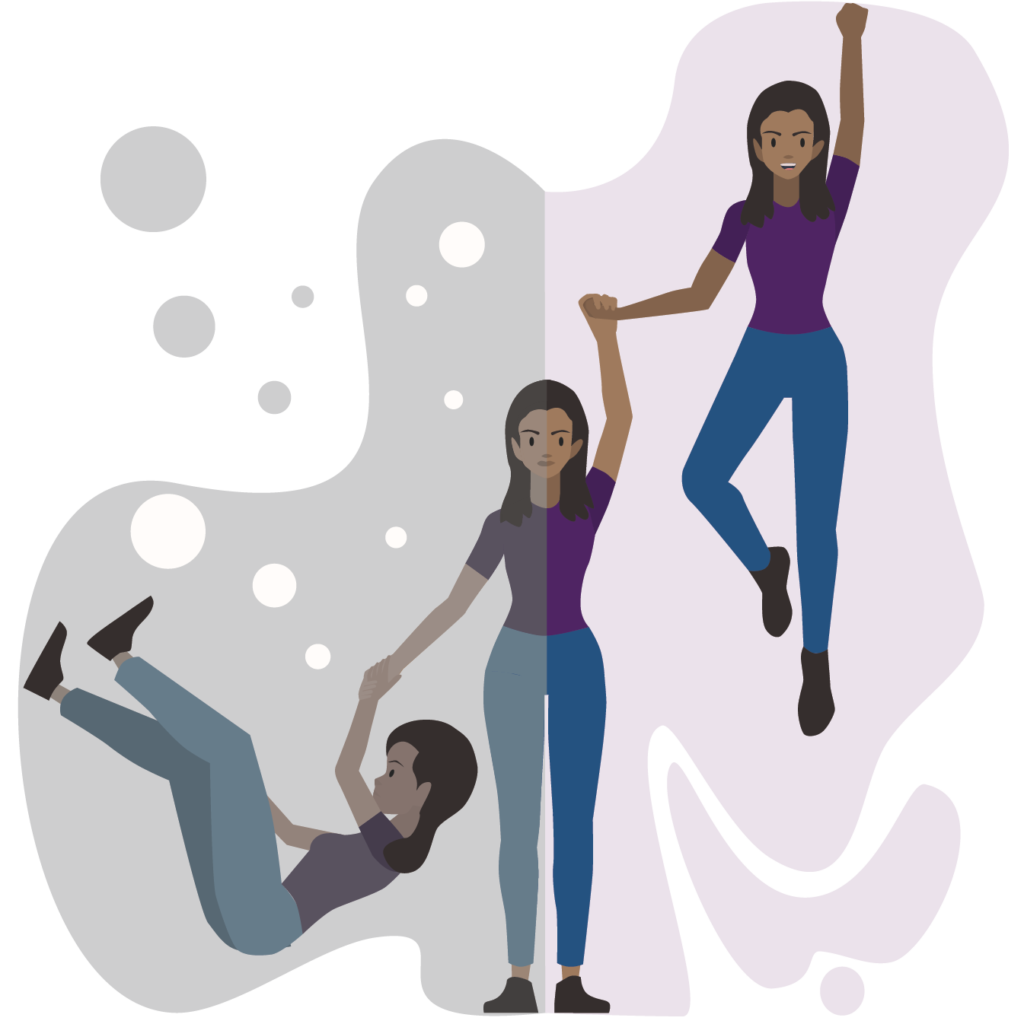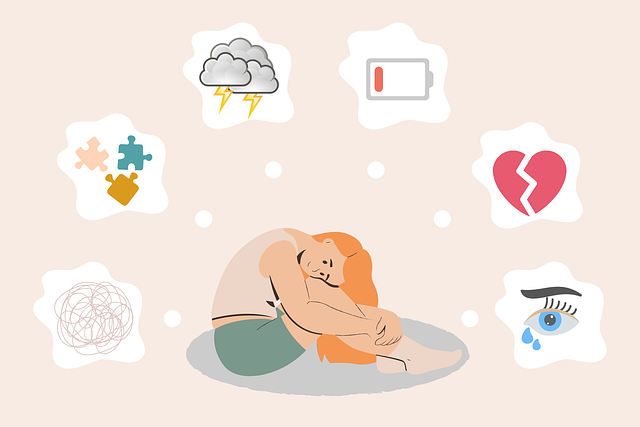Introduction
Bipolar disorder is a complex mental health condition that affects millions of people worldwide. It is characterized by extreme shifts in mood, energy, and activity levels, ranging from episodes of mania or hypomania (intense energy and euphoria) to episodes of depression (sadness, hopelessness, or fatigue).

Because of these dramatic mood changes, many people wonder if what they are experiencing might be bipolar disorder. This is where a bipolar disorder self-test can help. While such tests are not diagnostic tools, they provide insight into patterns of mood and behavior that may warrant professional attention.
This article combines an educational bipolar disorder test with clear, reliable information about symptoms, accuracy, and treatment, empowering you to take the first step toward understanding your mental health.
What Is a Bipolar Disorder Test?
A bipolar disorder test is a self-assessment questionnaire designed to help individuals reflect on their emotional and behavioral patterns. It typically asks about:
- Mood swings
- Sleep changes
- Energy levels
- Risk-taking behaviors
- Impact on relationships, work, or school
Important Note
- A bipolar disorder test is not a diagnosis.
- Only a licensed mental health professional can diagnose bipolar disorder through clinical evaluation, medical history, and sometimes additional assessments.
Still, these self-tests can be valuable starting points for recognizing whether you may need further support.
Signs and Symptoms of Bipolar Disorder
Bipolar disorder generally falls into two main categories: Bipolar I and Bipolar II. Both involve mood swings, but they differ in severity and duration.

Common Symptoms Include:
- Manic or Hypomanic Episodes:
- High energy, euphoria, or irritability
- Decreased need for sleep
- Rapid speech and racing thoughts
- Risky behaviors (spending sprees, impulsive decisions)
- Depressive Episodes:
- Persistent sadness or emptiness
- Loss of interest in activities
- Fatigue or lack of energy
- Difficulty concentrating
- Feelings of guilt, worthlessness, or hopelessness
- Mixed Episodes: A combination of depressive and manic symptoms occurring together.
Recognizing these symptoms is the first step toward seeking professional evaluation.
📝 Bipolar Disorder Test (Self-Assessment Quiz)
Instructions:
- Read each statement and choose the option that best matches your experience over the past year.
- Be honest—this test is only for reflection, not diagnosis.
Section 1: Mood Swings
- I experience sudden and extreme mood swings, from very high to very low.
- Rarely
- Sometimes
- Often
- Very Often
- During “high” periods, I feel overly confident, energetic, and need very little sleep.
- Never
- Occasionally
- Frequently
- Almost Always
- I sometimes talk faster than usual, and my thoughts race uncontrollably.
- No
- Occasionally
- Often
- Always
Section 2: Energy and Behavior
- I go through phases where I start multiple projects or engage in impulsive behaviors (spending sprees, risky choices).
- Never
- Sometimes
- Often
- Very Often
- I also experience times when I feel exhausted, unmotivated, or unable to complete basic tasks.
- No
- Occasionally
- Frequently
- Almost Always
Section 3: Sleep and Daily Functioning
- My sleep patterns vary greatly—sometimes I sleep very little, other times I oversleep.
- No
- Occasionally
- Frequently
- Always
- My mood swings or energy shifts cause problems in relationships, work, or school.
- Not at all
- Occasionally
- Often
- Very Often
Scoring
- 0 points = Never/No
- 1 point = Rarely/Occasionally
- 2 points = Often/Frequently
- 3 points = Very Often/Always
👉 Results:
- 0–6 points: Low likelihood of bipolar symptoms, but monitor your mood.
- 7–12 points: Moderate likelihood—consider discussing with a professional.
- 13–18 points: Strong indication—professional evaluation recommended.
- 19–21 points: High likelihood—seek mental health support promptly.
⚠️ Disclaimer: This test is for educational purposes only. It cannot replace a professional diagnosis.
Who Should Consider Taking a Bipolar Self-Assessment?
Self-assessment may be helpful for individuals who:
- Experience intense mood swings that disrupt daily life.
- Notice unusual shifts in energy, sleep, and behavior.
- Have a family history of mood disorders.
- Feel their emotions are “out of control” or misunderstood by others.
If your symptoms interfere with relationships, work, or personal well-being, professional evaluation is strongly recommended.
How Accurate Are Online Bipolar Tests?
Online bipolar disorder tests are screening tools only. They may highlight patterns but cannot confirm a diagnosis.
Limitations Include:
- Self-reporting bias (answers depend on personal awareness).
- Overlap with other mental health conditions (depression, ADHD, anxiety).
- Lack of professional interpretation.
They are most valuable as a conversation starter with a healthcare provider.
When to Seek Professional Help
If you consistently notice:
- Severe mood swings disrupting life
- Sleep and energy changes that are hard to control
- Risky or impulsive behaviors
- Persistent feelings of hopelessness or suicidal thoughts
👉 It’s time to reach out to a psychiatrist, psychologist, or licensed therapist.
Treatment Options for Bipolar Disorder
Bipolar disorder is treatable with the right support. Common approaches include:
- Medication: Mood stabilizers, antidepressants, or antipsychotics.
- Therapy: Cognitive Behavioral Therapy (CBT), psychoeducation, or family therapy.
- Lifestyle Support: Regular sleep routines, exercise, and mindfulness practices.
- Support Systems: Peer groups, counseling, or community programs.
The right combination of treatment varies for each individual, but early diagnosis and care improve long-term outcomes significantly.
Conclusion
A bipolar disorder test can be an eye-opening tool for recognizing patterns in mood, sleep, and behavior. While not diagnostic, it provides a helpful way to reflect on whether your experiences align with common symptoms of bipolar disorder.
If your score suggests moderate to high likelihood—or if your emotional highs and lows interfere with daily functioning—it’s important to seek professional help. With proper treatment, individuals with bipolar disorder can lead fulfilling, balanced lives.
Remember: taking this quiz is the first step toward understanding, but professional evaluation is the key to healing.



